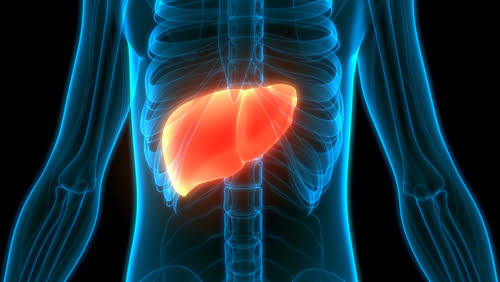Overview
Red blood cells are the oxygen carriers that supply oxygen from the lungs to the cells throughout our body for their optimal functioning. It’s an essential fluid of all living things that also provide nutrients to the cells, tissues, and essential organs of the body and transports waste products away from the cells. The component of red blood cells is a complex of water, salts, protein, glucose, and lipids.
What If There’s No Blood in Your Body?
Losing large amounts of red blood cells can be deadly; after 30 to 40% of blood loss, your body won’t be able to sustain your organs for more than one minute, which can lead to instant death. During severe blood loss, your blood pressure level will drop down to a danger mark, and your heart rate will increase to an abnormal speed which increases your risk of a heart attack. To save organs from shutting down, your body will quickly absorb from the tissues in an attempt to keep the blood vessels hydrated.
Several health conditions can lead to excessive blood loss from the body, out of which the disease hematuria is commonly reported.
Let’s get more closure with the term “hematuria,” its causes, and symptoms that come along with it.
What is Hematuria?
Hematuria is a severe renal ailment that leads to a loss of blood via urine. Having red or pinkish urine is termed “gross” or visible hematuria, indicating blood in the urine. Sometimes, blood is hard to get spotted in urine, and this condition is termed “microscopic hematuria,” which can be visible under a microscope.
What Are The Symptoms Of Hematuria?
A person suffering from gross hematuria releases pink, red, or cola-colored urine, which indicates a higher concentration of red blood cells in the urine than other substances. Blood urine cannot be painful until you have blood clots in the urinary tract, stirring up a burning sensation when you pass urine.
When to see a doctor?
You need to seek medical attention if you constantly feel pink or cola-colored urine. Hematuria is a clear indication of kidney dysfunction, showing that your kidneys are not working properly as they should. There are certain medicines in allopathy that can slow down the effect of kidney damage, but if you’re looking for a genuine revival of your kidneys’ functioning, then switch to Ayurvedic Treatment for Hematuria.
What Causes Hematuria?
As discussed earlier, blood in urine is a primary indication of several kidney-related problems. Bloody urine majorly occurs when a person suffering from any chronic kidney disease is left with only 30 to 40% of their kidneys’ functioning. Here we’ve listed some commonly reported health conditions that trigger hematuria, includes the following-
- Urinary tract infection
- Monthly menstrual cycle in women which is normal
- Kidney disease
- kidney trauma
- Kidney cancer
- Bladder cancer ( mostly reported in smokers)
- Enlarged prostate in older men
- Strenuous workout session
- Consumption of anti-swelling drugs
- Prostate infection
How to Diagnose Hematuria?
Blood in the urine mainly occurs when your kidneys lose half of their functioning with time. The symptoms of hematuria mainly occur when the problems get severe with time and are hard to control with routine medications. Therefore, it’s advised to get your urine and blood samples tested every year to monitor your kidneys’ threat and eliminate the threat in time if there’s any.
Why Choose Ayurveda?
Ayurveda is a science of life that uses holistic treatment to cure any type of health condition ranging from mild to severe. Ayurvedic treatment offers several combinations of natural remedies, which involve a strong association of several powerful herbs, leaves, and fruits, which are proven effective in curing kidney problems of the roots. Ayurvedic Treatment for Hematuria detects and cures the primary drivers of the problems instead of suppressing the symptoms, increasing the risk of recurrence in the body.
Ayurvedic Perspective For Hematuria
According to Ayurveda, hematuria is a symptom more than a disease that indicates that there’s something wrong with your kidneys. Blood in the urine is a primary symptom of kidney failure, which occurs when a person loses 30 to 40% of their kidneys’ functioning. From the Ayurvedic point of view, kidney problems mainly occur when your dosha ( Vata, pitta, and Kapha) get disrupted and stirs up kidney problems. The Ayurvedic Treatment for Hematuria functions to balance the imbalanced doshas and let you attain overall health. The herbs are best known for curing any type of damage, swelling, or inflammation inside the kidneys. The Ayurvedic herbs also enhance the water retention capacity of kidneys, which helps your body purify your blood more effectively from waste products, toxins, and pollutants required to be expelled out from the body.








